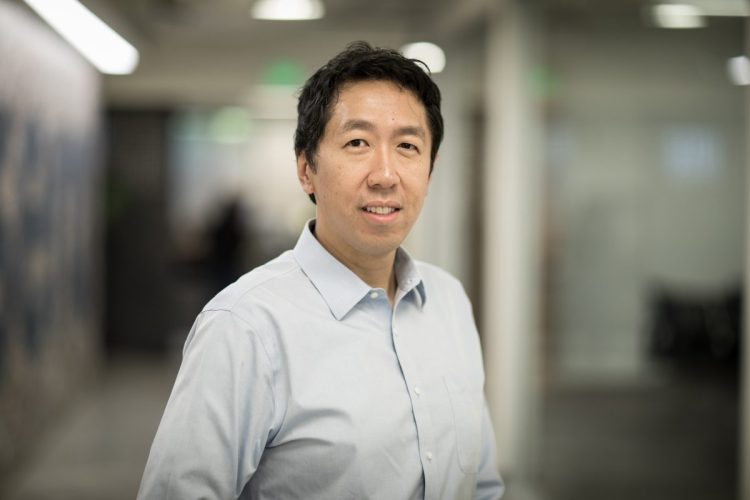Watch all the Transform 2020 sessions on-demand here.
Andrew Ng, one of the cofounders of the Google Brain project, will be the new chairman of Woebot, a company that operates a chatbot of the same name.
The bot is designed to help people work on their own mental health issues using techniques that originate with cognitive behavioral therapy. It’s a sort of therapy that focuses on helping people manage their moods by developing personal coping strategies for mental illnesses like depression and anxiety.
A study from Stanford University showed that people who used Woebot reported a decrease in anxiety and depression symptoms after two weeks. Ng thinks that machine learning could provide a massive benefit in the mental health space, which is why he’s going to be working with Woebot.
For example, Woebot is available to talk when people are having problems at odd hours, during times when a therapist might not be awake to take a phone call. And while it’s not a replacement for a human therapist (the bot is quite clear about that), it can help augment human therapies by giving people an easier way to externalize their thoughts if nobody else is available.
June 5th: The AI Audit in NYC
Join us next week in NYC to engage with top executive leaders, delving into strategies for auditing AI models to ensure fairness, optimal performance, and ethical compliance across diverse organizations. Secure your attendance for this exclusive invite-only event.
Ng said in an interview that he’s still going to be working on other projects. His role at Woebot will be to serve on the company’s board and provide support for its work, not take on a full-time job at the startup. For example, he’s still working on finishing up his series of deep learning courses for Coursera, the online learning site that he cofounded.
Health care is one of the focuses of his current work, after leaving his post as Baidu’s head of machine learning. Earlier this year, a team at Stanford that he worked with released a paper showing that they had trained a machine learning system to read electrocardiograms better than a cardiologist could.


